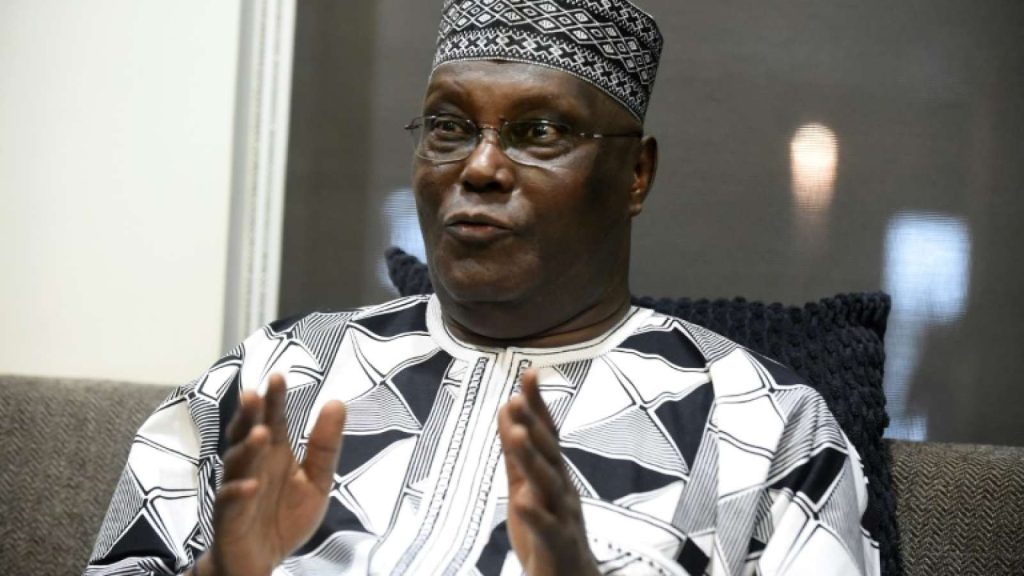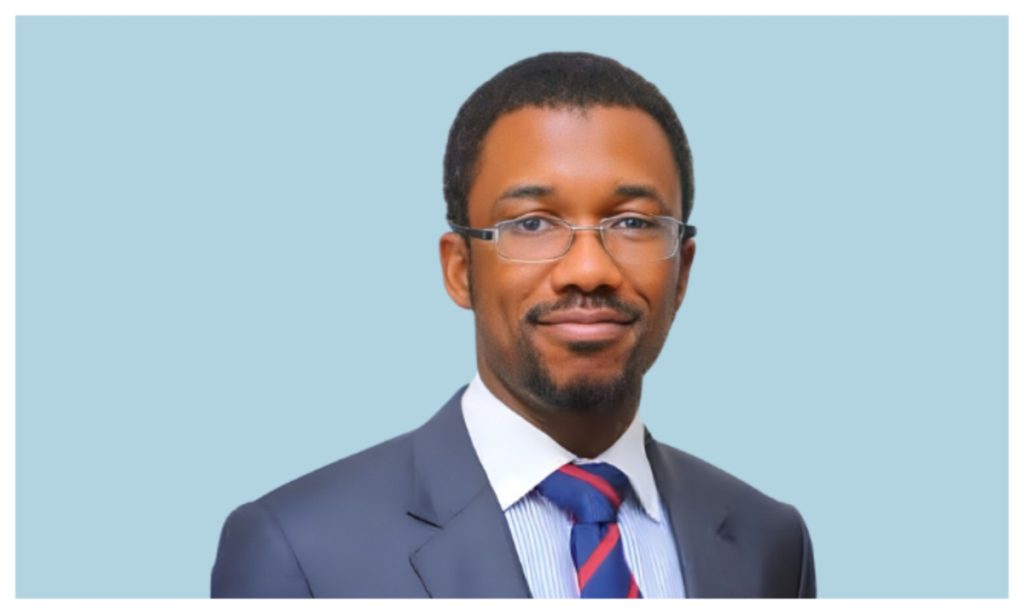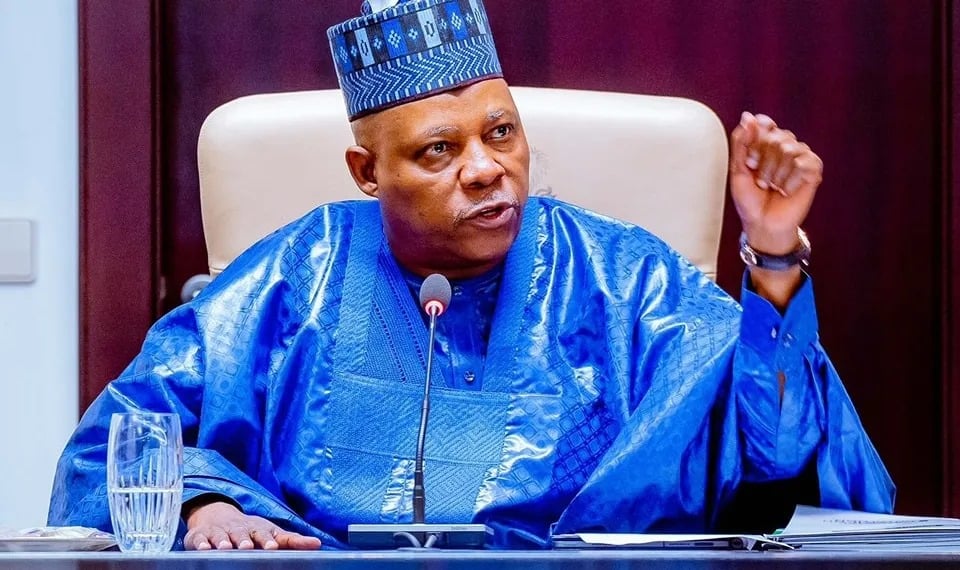The United States has signaled its intention to scrutinize ceasefire proposals presented by Moscow and Kiev, as negotiations between Russia and Ukraine strive to bring an end to the ongoing conflict. Secretary of State Marco Rubio emphasized the need for tangible outcomes, stating that while patience is necessary in achieving peace, the US cannot afford to be mired in endless talks. Rubio’s comments came after the first direct discussions between Russia and Ukraine in three years, which took place in Istanbul and culminated in an agreement for a prisoner swap involving 1,000 individuals from each side.
Rubio aired his views on CBS News’ Face the Nation with Margaret Brennan, underscoring the delicate balance between allowing time for negotiations and avoiding protracted discussions. “On the one hand, we’re trying to achieve peace and end a very bloody, costly, and destructive war. So there’s some element of patience that is required,” he explained. Conversely, he noted, “We don’t have time to waste. There are a lot of other things happening in the world that we also need to be paying attention to. So we don’t want to be involved in this process of just endless talks. There has to be some progress, some movement forward.”
The US Secretary of State also confirmed that his country would examine the ceasefire proposals from both Russia and Ukraine, looking for “realistic and rational” ideas that could signify progress in the negotiations. Furthermore, Rubio warned that the US is prepared to impose additional sanctions on Russia if a deal is not reached, expressing confidence in the passage of Senator Lindsey Graham’s bill. This bill proposes the introduction of 500% tariffs on imports from countries that purchase Russian oil, natural gas, and uranium.
In a phone call with Russian Foreign Minister Sergey Lavrov, Rubio reiterated President Donald Trump’s call for an immediate ceasefire. However, Moscow has rejected demands for an unconditional 30-day ceasefire, arguing that discussions must address the underlying causes of the conflict. These include Ukraine’s aspirations to join NATO, which Russia perceives as a threat to its national security. President Vladimir Putin has stipulated that a lasting truce would require Ukraine to halt its mobilization, cease receiving foreign weapons, and withdraw its troops from Russian territory. He also cautioned that Kiev might exploit a temporary ceasefire to regroup and rearm.
As the situation continues to unfold, the international community watches with keen interest, hoping for a resolution that brings peace and stability to the region. The US, through its diplomatic efforts, is pushing for concrete results, emphasizing the need for both patience and progress in the negotiations between Russia and Ukraine. With the stakes high and the world’s attention focused on the conflict, the coming days and weeks will be critical in determining the path forward for these nations and the global community at large.



